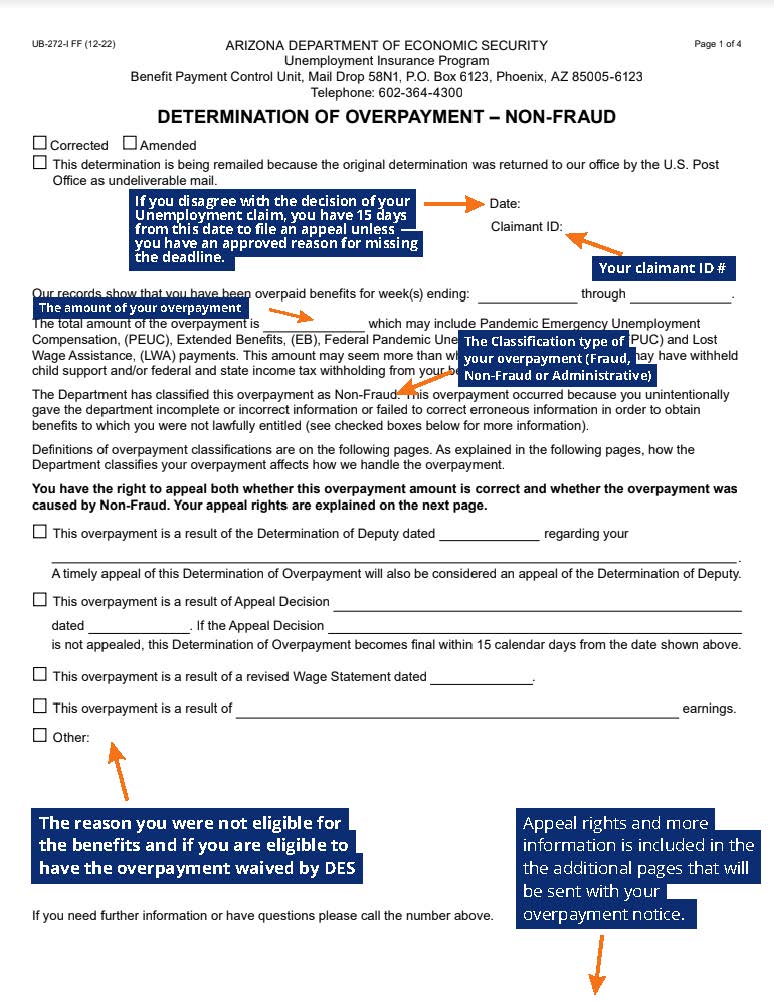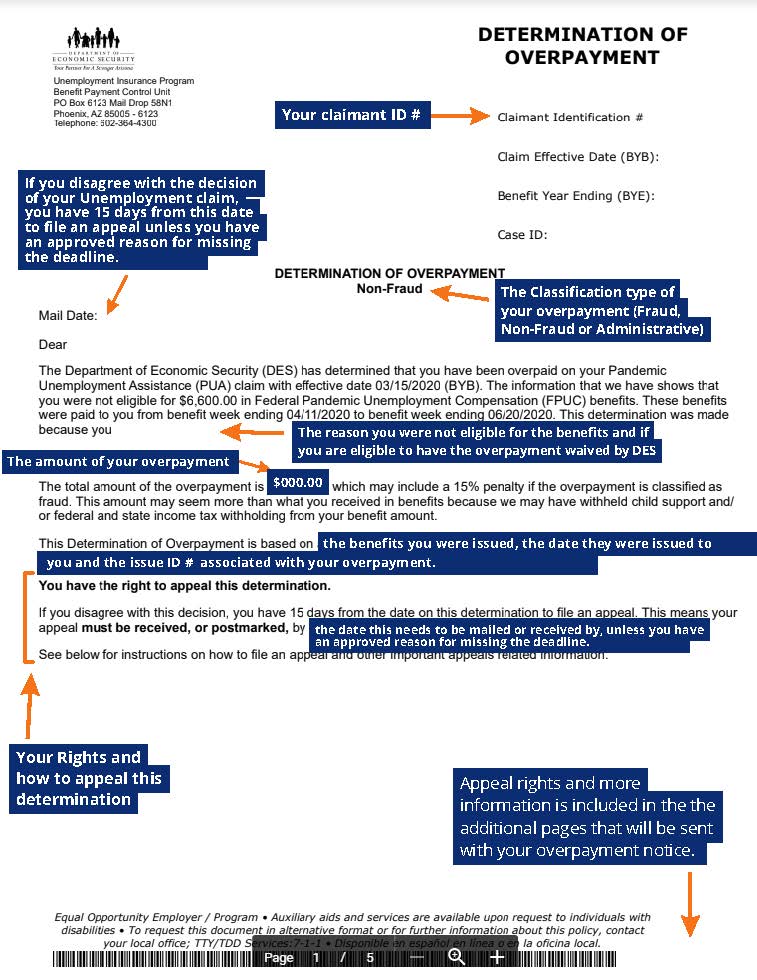Main menu
- About DES
- Services
- Basic Needs
- Adult Protective Services
- Food Assistance
- Nutrition Assistance
- How to Apply for Nutrition Assistance
- Frequently Asked Questions
- Change Report for Nutrition, Cash, and Medical Assistance Benefits
- Electronic Benefits Transfer (EBT) Card
- Health-e-Arizona Plus Application
- Publications for Nutrition, Cash, and Medical Assistance Benefits
- Work Requirements for Able-Bodied Adults Without Dependents
- Double Up Food Bucks
- Student Eligibility for SNAP
- How to Support Health in your Home
- Hunger Relief Programs
- Other Food Programs
- Information for DES Partners
- Other Resources
- Appeals
- Contact DES
- Customer Bill of Rights
- Limited English Proficiency
- Office of Program Evaluation
- USDA Programs Nondiscrimination Statements
- Nutrition Assistance
- Medical Assistance
- Refugee Resettlement
- Shelter and Housing
- Domestic Violence Support
- Sexual Violence Support
- Child and Family
- Disabilities
- Older Adults
- Employment
- Job Seekers
- Reentry Services
- Employer Resources
- Apprenticeship
- Unemployment - Individual
- Apply for UI Benefits
- File Your Weekly UI Claims
- ID.me Identity Verification
- Overpayments
- Reemployment Services and Eligibility Assessment (RESEA)
- Disaster Unemployment Assistance
- Pandemic Unemployment Assistance
- ARIZONA@WORK Employment Resources
- Income Tax Information
- Eligibility for Unemployment Benefits
- Work Search and Your Eligibility for Unemployment Benefits
- How Do I and Frequently Asked Questions
- Forms & Pamphlets
- Contact Arizona UI
- UI Benefit Fraud
- How To File An Appeal For UI Benefits
- UI Data Dashboard
- Working with a Disability
- Employment Service/Related Law Complaint
- Unemployment - Employer
- Applying for an Unemployment Insurance Tax Account Number
- Report Changes to Your Business
- Reporting Wages and Paying Unemployment Insurance Taxes
- Employment Taxes - Calculating Unemployment Taxes
- Unemployment Insurance Tax Forms
- Unemployment Insurance Tax Frequently Asked Questions
- Request UI Records
- Employer Handbook/ Unemployment Tax
- Employer Handbook/ Unemployment Benefit Claims
- AZ Unemployment Insurance Tax Survey
- Contact the Unemployment Tax Office
- Arizona Shared Work Program
- Senior Community Service Employment Program
- Veterans
- Workforce Innovation and Opportunity Act (WIOA)
- Arizona State Monitor Advocate
- Basic Needs
- How do I?
- Do Business with DES?
- Request a Vendor Meeting
- Frequently Asked Questions
- Learn about HIPAA?
- Request Assistance?
- Request DES Records?
- Submit Website Feedback?
- Work for DES?
- ADA Disability Rights/Reasonable Accommodations
- Volunteer?
- File a Discrimination Complaint
- Report Developmental Disabilities Fraud, Waste and Abuse
- Documents Center
- Media Center
- Office Locator
- Report Fraud
Understanding Unemployment Insurance Overpayments and Overpayment Materials

How are Unemployment Overpayments Determined?
When you file a new claim for unemployment benefits, a Deputy from the DES UI Administration takes fact-finding steps to determine if you are eligible for benefits. These steps may include contacting you (the claimant), the former employer, or both.
How We Notify You of an Overpayment
If you are paid benefits that you should not have received based on the facts of your case, DES will issue a Determination of Overpayment notice. Claimants with regular UI claims will receive this notice by mail, and claimants who received PUA will receive the notice through the web portal.
Below are examples of the overpayment notices
(click images to enlarge)
*Please note that versions of this notice may vary depending on the specifics of your overpayment.
Understanding The Notices You Received
The Determination of Deputy notice is sent to inform you that you were paid benefits and then were determined ineligible based on the facts of your case.
The Determination of Overpayment notice includes information about your particular overpayment, including:
- Your claim ID#, case ID# and date of your claim
- The classification (type) of your overpayment
- The reason you were not eligible for the benefits
- The total amount due
- How to appeal this determination
- Your rights as a claimant
- Information that explains how to pay back the overpayment
- If DES applied a waiver to your overpayment or did not, and how to request a waiver
It’s important that you read through the entire notice.
Overpayment Classifications
When an overpayment is identified, the overpayment is classified into one of three classifications:
- Administrative: An administrative overpayment is an overpayment that occurred at no fault of your own.
- Non-fraud: A non-fraud overpayment occurs when you unintentionally give the Department incomplete or incorrect information or failed to correct erroneous information.
- Fraud: A fraud overpayment occurs when you knowingly misrepresented or concealed material facts to obtain benefits to which you were not lawfully entitled.
The classification of your overpayment is important because there are different penalties, interest, and offset percentages applied depending on the classification type.
If the classification on your overpayment is “Fraud/Fraudulent” or “Non-fraud/Non-Fraudulent” and you do not agree with the classification of overpayment, you may appeal the classification within 15 days of the mail date of your Determination of Overpayment notice.
Where can I find more information about my particular overpayment?
Specifics about your overpayment can be found in the Determination of Overpayment notice that is mailed to claimants who received UI benefits or issued via the PUA portal to claimants who received PUA benefits.
- The notice will include the facts surrounding the overpayment and the reason why DES determined you were not eligible for the benefits you received, including if the overpayment occurred:
- After identifying facts that made you ineligible for benefits (i.e. the Determination of Deputy steps)
- As a result of an Appeal Decision
- As a result of a revised Wage Statement
- As a result of unreported earnings
Arizona State Resources
Pursuant to Title VI of the Civil Rights Act of 1964, the Americans with Disabilities Act (ADA) and other nondiscrimination laws and authorities, ADES does not discriminate on the basis of race, color, national origin, sex, age, or disability. Persons that require a reasonable modification based on language or disability should submit a request as early as possible to ensure the State has an opportunity to address the modification. The process for requesting a reasonable modification can be found at Equal Opportunity and Reasonable Modification



